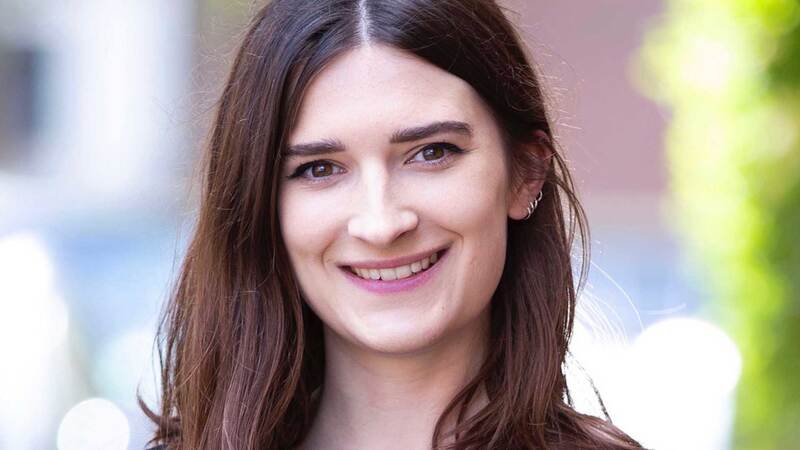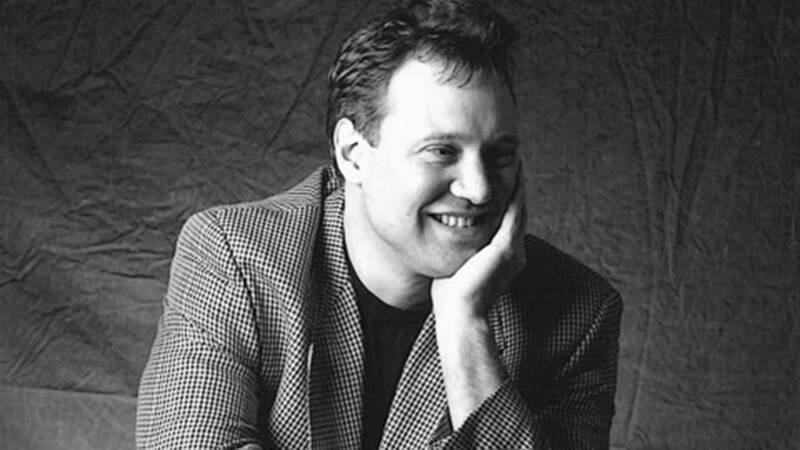You are viewing your 1 free article this month. Login to read more articles.
Publishing starter salaries climb but gender pay gap still exists
Starting salaries in publishing have risen 13% over the past four years, bookcareers.com's Salary Survey 2017 has found, but the results have shown there is still a gender pay gap.
The online survey - which was last run in 2013 - found that there had been a 13.2% rise in salaries for 19-23-year-olds who had been in the industry for less than a year, up from £17,775 in 2013 to £20,470 in 2017 - the biggest jump the consultancy has recorded in any of its surveys to date.
However, it also found that men are still being paid more than women, because men are often employed in higher earning roles.
Altogether, 1,023 people responded to the survey between June and July 2017, of which 84.6% of respondents were female and 15.2% were male, while 76.3% were 35 or younger.
The survey results showed the current gender pay gap is 15.7%, showing little movement on 2013's gap of 16% and 2008's gap of 15.4%.
According to bookcareer.com's founder Suzanne Collier, who coordinated the survey, the gap is occurring because the men who responded tended to be employed in management and senior roles, whereas the women who responded were in working in more junior roles which paid less.
"Where men and women are performing equal roles, the equal pay gap is negligible, and in some cases women are getting paid more than their male counterparts," she said.
The survey results found that 47.9% of male respondents earned above the average salary of £32,228 compared to 31.5% of female respondents.
However, Collier added: "For an industy where 84.6% of respondents are women, it is disappointing a gender pay gap occurs at all."
The gender pay gap is a measure of the difference between men’s and women’s average earnings across an organisation or the labour market. The publishing industry is fairing better than Britain as a whole, where there is an overall gender pay gap of 18.1%.
On average, salaries have seen an overall increase since 2013, climbing 11.7% from £28,661 to £32,228 in 2017. The gap between average salaries and starter pay has also begun to close, dropping from 61.2% in 2013 to 36.5% in 2017.
Suzanne Collier of bookcareers.com said the situation “still isn’t great” but starter salaries had seen “a huge increase compared to previous surveys”, crediting salary transparency for driving progress.
"I really feel that bookcareers.com are due some credit for helping to push up the entry level salary; it still isn’t great but it is a huge increase compared to previous surveys," said Collier. "This is what salary transparency does; it helps publishers realise that things are not acceptable and then they can rectify the situation."
In terms of diversity, 90.4% of respondents classed themselves White, British, down from 97.7% in 2013, representing the survey's most diverse figure yet.
But Collier said this statistic was "not to be celebrated" and urged that the work of Equip and Creative Access "must continue so that employees of publishers represent the way that society is today."
Stephen Lotinga, c.e.o. of the Publishers Association, told The Bookseller: “In what has been a difficult period for the UK economy it’s good to see growth in industry salaries, particularly for those coming into the trade who will be on the receiving end and most exposed to rising inflation. Obviously there is more to do on the gender pay gap, and with [the government’s new requirement to publish gender pay gap figures] being introduced, I am sure we will see a closing of this gap very soon."

















